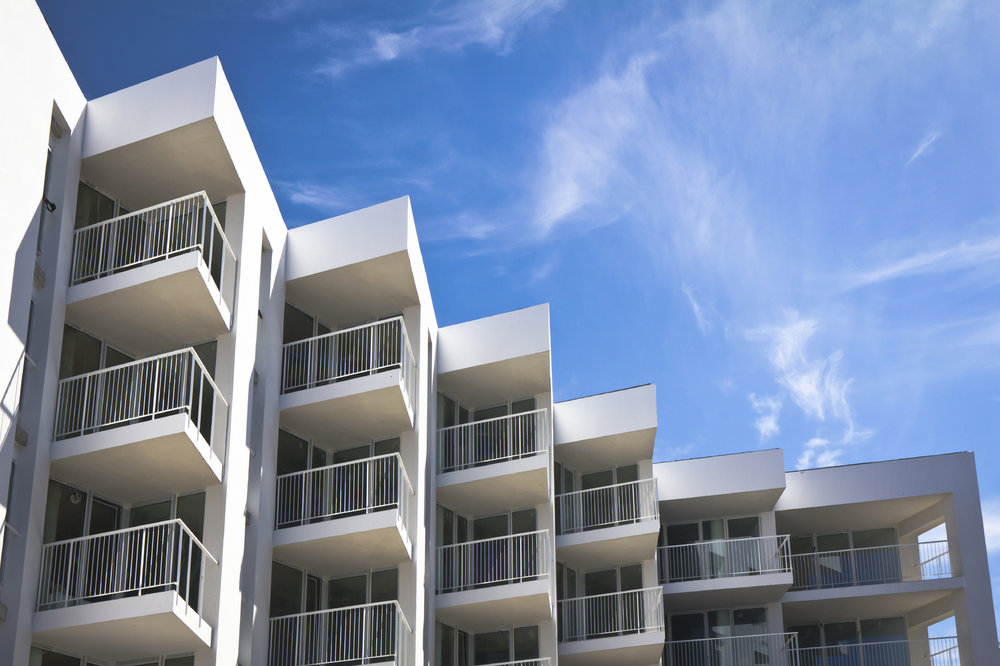Steering the Complex Terrain of Compliance Standards for Cyber Security in Multi-Unit Residences to Guarantee Resident Security and Data Safeguarding
Wiki Article
Within the current world, numerous people reside in multi-unit units, such as apartment complexes and condo communities. These locations frequently share shared infrastructures for internet and other amenities. While this setup can be convenient, it also brings up significant questions about system safety and compliance standards. Ensuring the safety of tenants and safeguarding their information is crucial. This piece will examine the complex environment of regulatory guidelines for system security in multi-unit units, emphasizing how these guidelines help maintain tenants secure and secure.
A of the primary compliance guidelines that apply to system security is the General Information Protection Regulation (GDPR). This regulation is intended to protect individual data and confidentiality for persons within the EU Union. While it primarily pertains to companies operating in the EU, its tenets can influence practices in different areas as well. For multi-unit buildings, complying to GDPR requires implementing strong data safeguarding measures. This includes making sure that residents' individual information is gathered, kept, and handled securely. By following these guidelines, building managers can help build trust with residents and guarantee their data is protected from illicit intrusion.

Another significant guideline is the Health Coverage Portability and Accountability Act (HIPAA), which safeguards sensitive healthcare data in the medical sector. In multi-dwelling buildings, especially those that offer healthcare assistance or have residents with specific health requirements, compliance with HIPAA is crucial. This means that any health-related information gathered from tenants must be maintained confidential and secure. Property administrators must ensure that their network systems are configured to prevent information leaks and illicit access. By doing so, they not only adhere with regulatory obligations but also promote a safe living space for all tenants.
Alongside GDPR and HIPAA, the Credit Card Card Industry Data Protection Guidelines (PCI DSS) is another critical compliance guideline. This guideline is especially important for multi-unit buildings that accept credit card payments for lease or services. PCI DSS specifies security measures that must be implemented to safeguard cardholder information. This entails encrypting sensitive information and frequently reviewing system safety. By following PCI DSS guidelines, property managers can reduce the risk of data leaks and safeguard tenants' monetary data, which is crucial for maintaining their confidence and security.
Finally, it is essential for multi-unit buildings to stay updated on local and national regulations regarding network security. Regulations and guidelines can evolve, and remaining aware is essential for compliance. Building managers should regularly review their security policies and practices to make sure they comply with up-to-date standards. This proactive approach not only helps in upholding adherence but also improves the general safety of the system. By focusing on tenant safety and data protection, multi-dwelling units can site link create a secure residential space that encourages confidence and reassurance among tenants.
To summarize, traversing the complex landscape of compliance standards for network security in multi-unit buildings is crucial for guaranteeing tenant security and data protection. By understanding and implementing standards like GDPR, HIPAA, and PCI DSS, property managers can create a secure environment for their residents. Remaining updated about regional laws and frequently assessing safety protocols further enhances this commitment to safety. Ultimately, a strong focus on compliance not only safeguards tenants but also fosters a feeling of belonging and trust within multi-dwelling units.